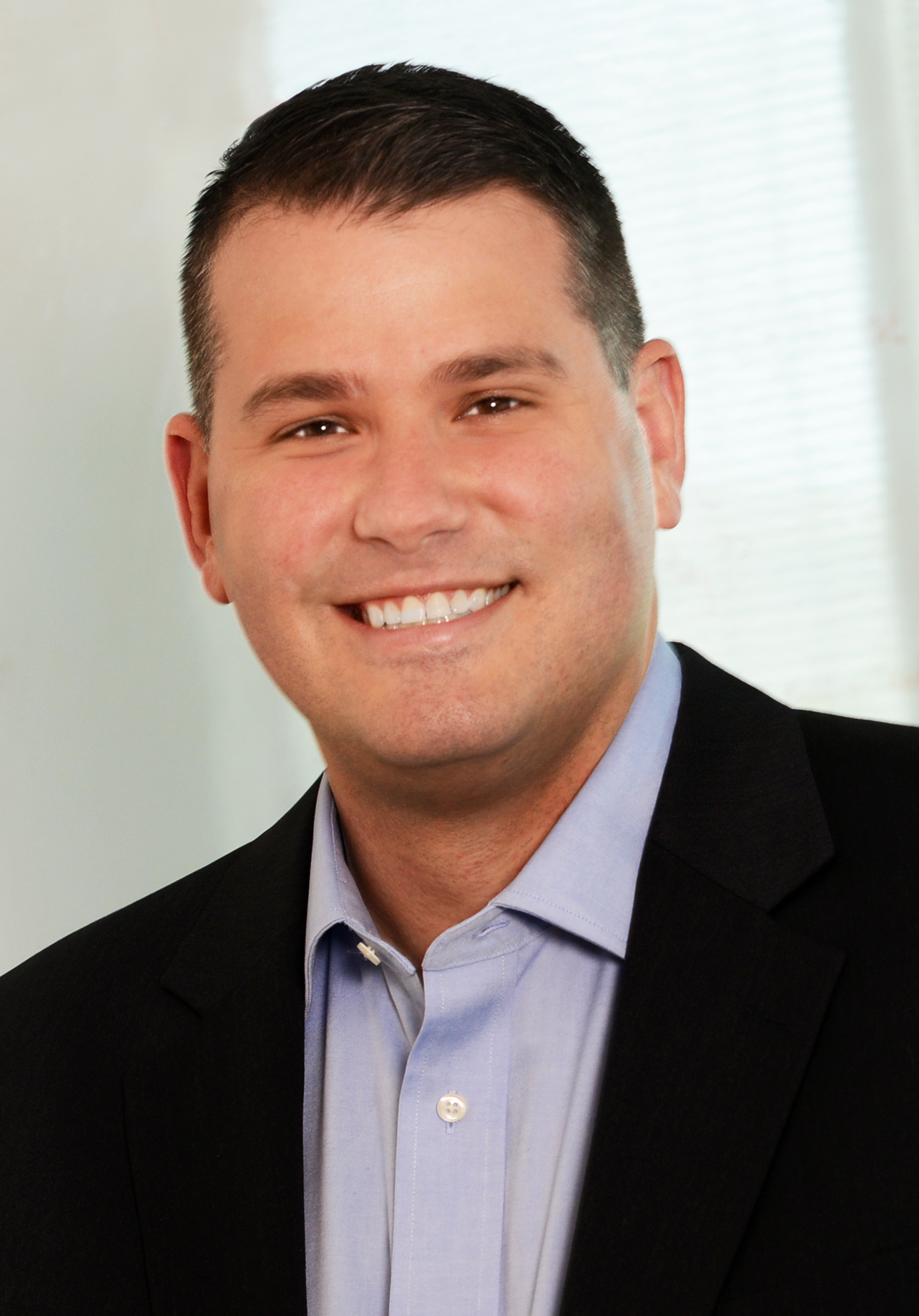 By Andy Roe, SurePayroll general manager
By Andy Roe, SurePayroll general manager
The fascination with startups and desire to be part of a startup seems to be reaching a boiling point. Seemingly not since the tech boom of the late nineties has there been so much excitement around new, innovative companies. Startups like GrubHub, Spotify, Airbnb, Uber, Nest, and Tesla haven’t just been successful, they’ve become part of the ongoing cultural conversation. They’re intertwined with our daily lives in many instances.
Places like San Francisco, New York, and London have been the most active for startups, but fresh new businesses—disrupters, even—are popping up in Chicago, Austin, Seattle, Atlanta, and elsewhere, too.
The fact is the ability to change things with technology has advanced to such a level that more-and-more smart people are finding new and better ways to do things. High-tech firm creation is roughly 70 percent higher than it was in 1980; and many of the people involved are new to the process—67 percent of founders are working on their first startup.
It’s not just gadgetry and messaging apps, either. There’s a whole world of advances being made in biotech, cleantech, and home technology, as well as human resources, relaxation beverages, and ethnic supermarkets.
This is not to mention, of course, the many startups that we don’t hear about—thousands of small groups of people with a dream and a niche in the market they think they can fill. Many of these companies may not end up changing the world, but they’ll certainly change lives.
In their first year, new startups add an average of three million jobs. Despite the deep troubles of the Great Recession, among other smaller recessions, startups have grown by nearly 50 percent since 1982.
There’s enough cachet in being a founder of a startup, in fact, that some of the top-flight business schools in the country are making it part of their marketing efforts, showing how many alumni have created new businesses themselves.
According to The Wall Street Journal, one estimate has Harvard Business School’s class of 2010 creating more than $700 million in venture capital funding.
Of course, the buzz and the money surrounding startups right now does not mean it’s easy to start a business. Those of you who have or are going through it know just how tough those early stages are to navigate. A quarter of startups will fail after one year, a third after two years. Still, more than a third make it to a decade in business.
As a payroll company that deals primarily with businesses that have one-to-ten employees, we work with startups all the time. For me, startups are not just new technologies—although those things are great—but the promise of new jobs and new opportunities for those that want to make a better life for themselves.
For more on the innovation of small business startups, be sure to check out our infographic (below).
# # #
Andy Roe is the General Manager of SurePayroll, Inc., a Paychex Company. You can follow Andy on Twitter @AndrewSRoe.












